Characteristics of Management Principles of Management

Principles Of Management Unit 1 Introduction to POM Study materials
All levels of management are involved in planning. Long-range planning and strategic planning are the responsibility of top management, while intermediate and short-range planning are the concerns of middle and operative management. Principle of Navigational Change
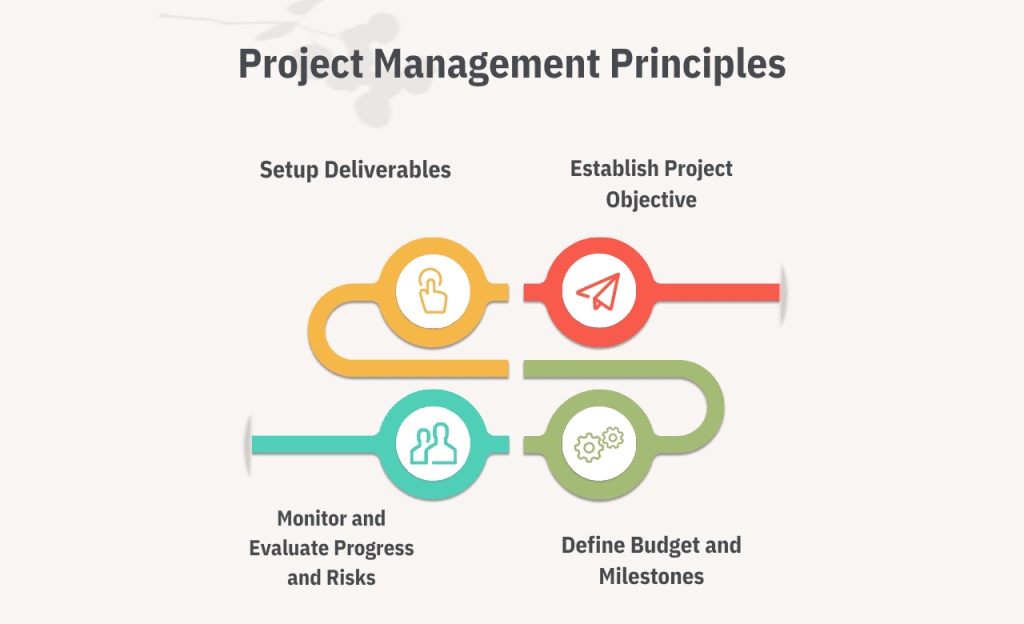
Project Management Principles and Best Practices for Team Building
Define objectives The first, and most crucial, step in the planning process is to determine what is to be accomplished during the planning period. The vision and mission statements provide long-term, broad guidance on where the organization is going and how it will get there.

Principles of Management 4 Planning in Management YouTube
Step 1: Developing an Awareness of the Present State According to management scholars Harold Koontz and Cyril O'Donnell, the first step in the planning process is awareness. 13 It is at this step that managers build the foundation on which they will develop their plans.

Principles of Management Unit 1(P5) Introduction to Management Process and Functions of
Best of luck! Most management textbooks would say, as does this one, that managers spend their time engaged in planning, organizing, staffing, directing, coordinating, reporting, and controlling.
Embrace Millcreek Millcreek Township, PA
Principles of Planning in Management. As a primary function of management, planning requires some systematic principles. The well-known writers Koontz and O'Donnell have formulated certain fundamental principles of planning for the benefit of managers. These are the following principles of planning in management:
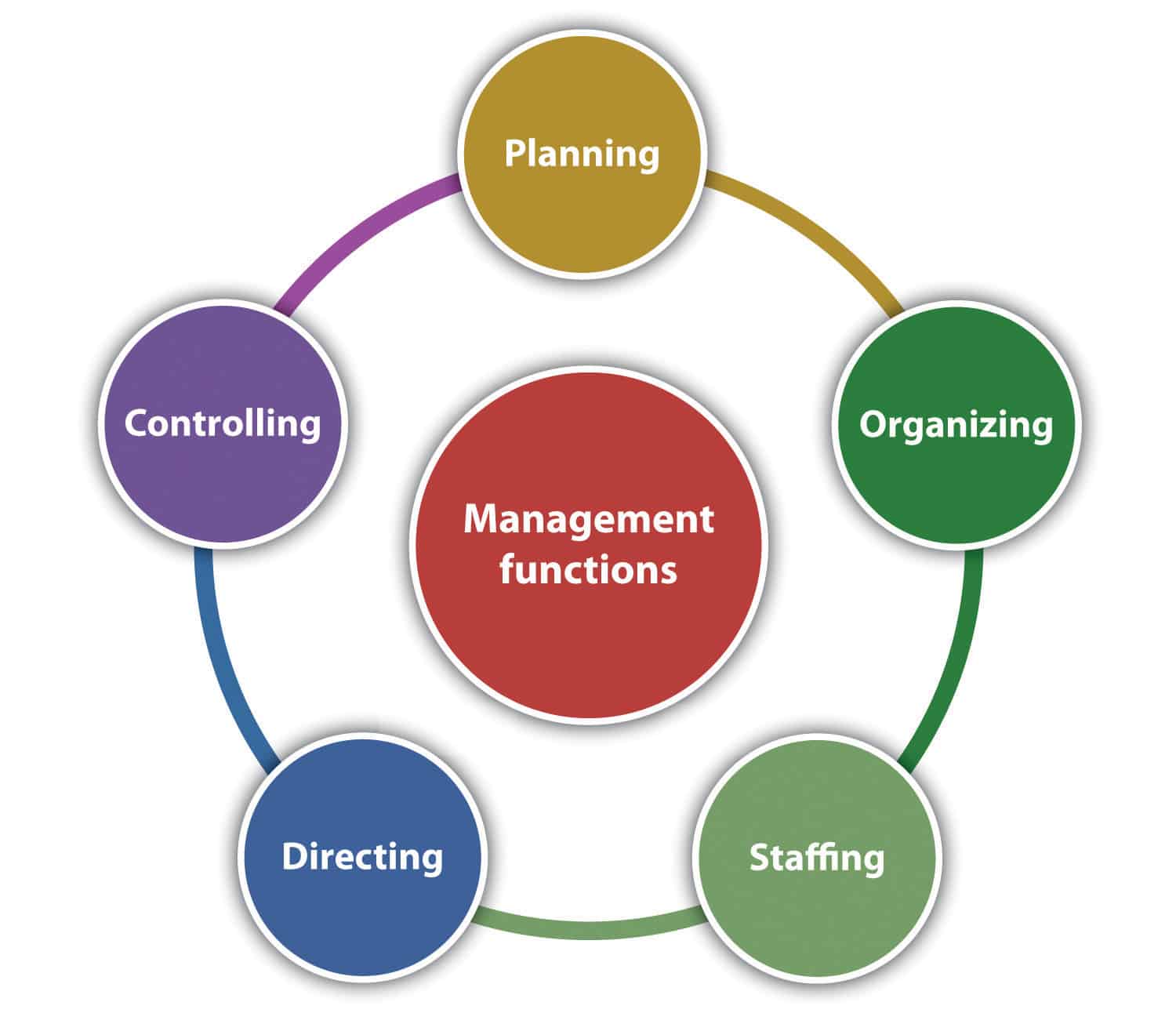
What is Management? Management Study HQ
A manager's primary challenge is to solve problems creatively. While drawing from a variety of academic disciplines, and to help managers respond to the challenge of creative problem solving, principles of management have long been categorized into the four major functions of planning, organizing, leading, and controlling (the P-O-L-C framework).

Principles of ManagementNature and types Tutor's Tips
Plans have two basic components: outcome or goal statements and action statements. Outcome or goal statements represent the end state—the targets and outcomes managers hope to attain. Action statements reflect the means by which organizations move forward to attain their goals.
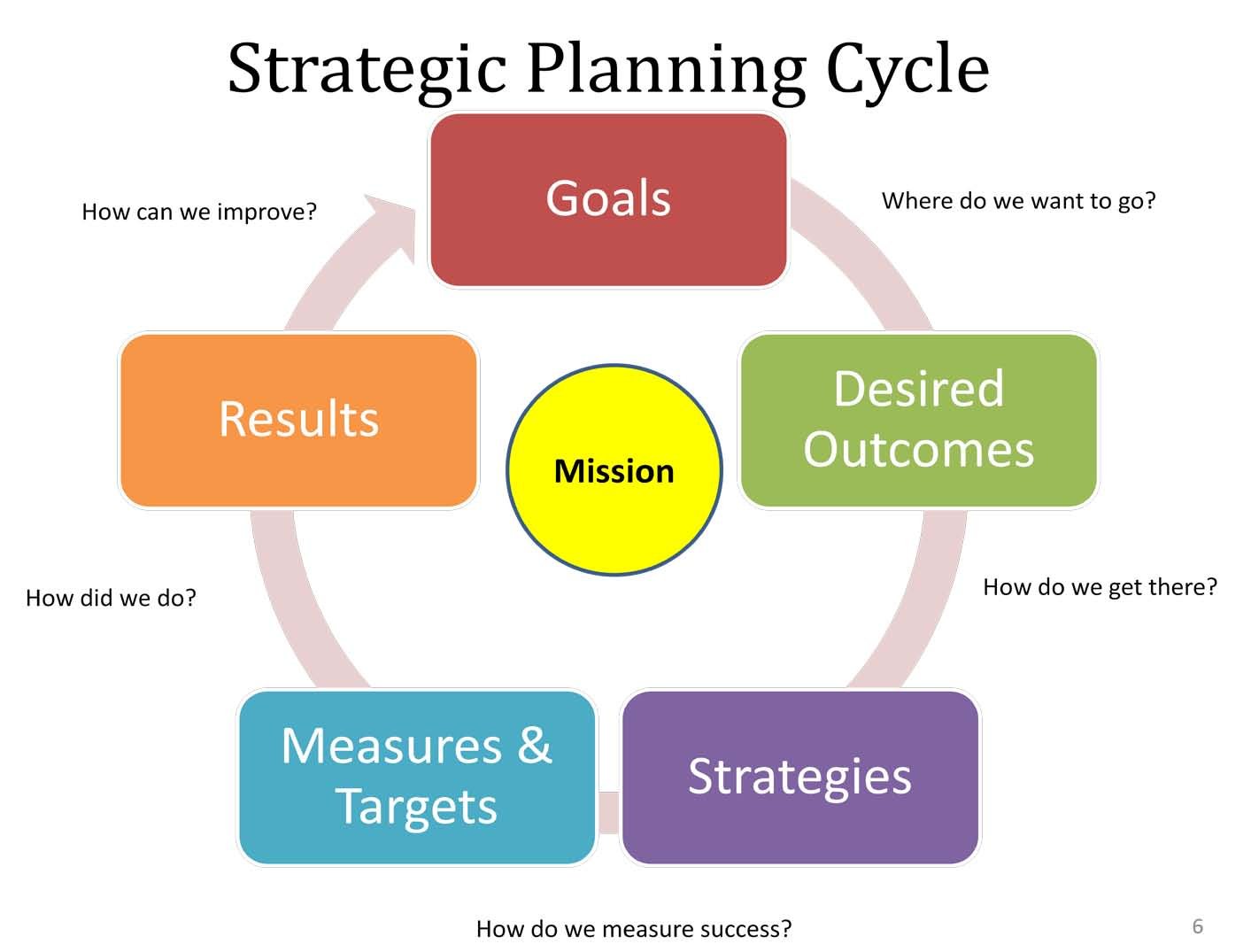
Advantages of Planning Management Guru Management Guru
Steps in Planning Process Principles of Planning Types of Plans Features of a Good Plan Relationship between Planning and Control Importance of Planning Advantages of Planning Limitations of Planning Barriers to Planning Read this article to get the answers of: Why is planning an important function of management?

16 Principles of Planning in Management BokasTutor
While drawing from a variety of academic disciplines, and to help managers respond to the challenge of creative problem solving, principles of management have long been categorized into the four major functions of planning, organizing, leading, and controlling (the P-O-L-C framework).
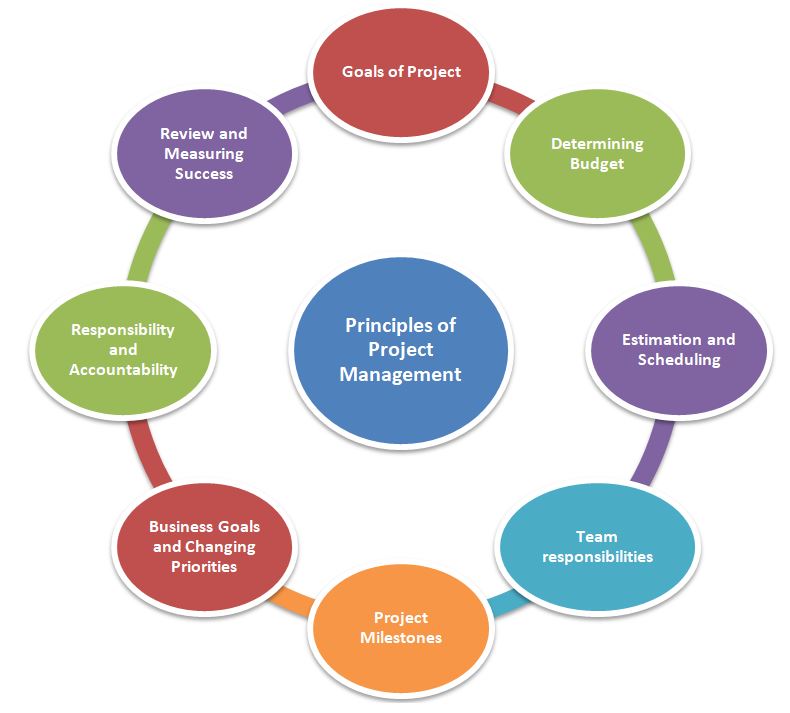
Project Management StudiousGuy
Principles of Planning in Management Planning refers to the predetermination of future courses of action to achieve desired organizational objectives. It is an important function of management. Planning aims to ensure efficient goal achievement. For this, effective planning is necessary.
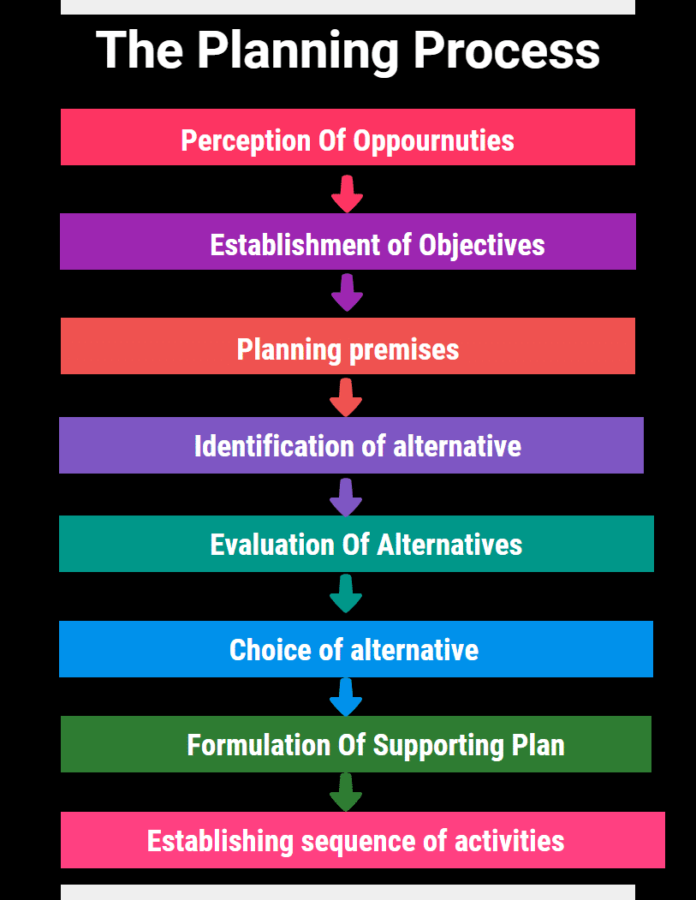
Planning Process in Principles of Management MBA TUTS
Principles of Planning in Management is the fundamental function of every management. It lays the foundation for the success of an organization. Effective planning helps organizations allocate resources efficiently, enhance decision-making, and reduce uncertainties.

Principles of Planning Concept of Planning Principles of Management
Planning is the primary function of management that involves formulating a future course of action for accomplishing a specific purpose. Planning enables managers to decide what task to do, how to do the task, when to do the task and by whom the task has to be done. Table of Content 1 What is Planning? 2 Definitions of Planning
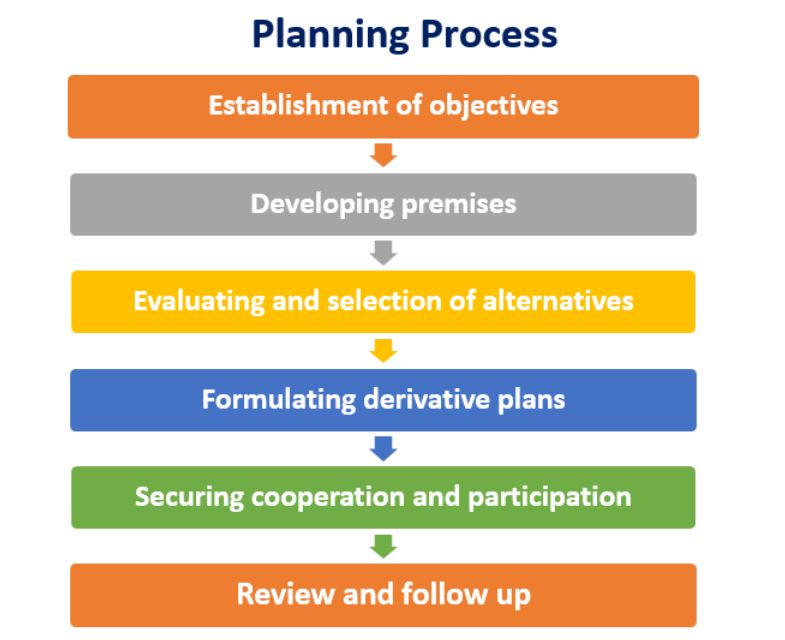
Planning Nature, Elements, Process, Approach, Importance BBAmantra
Seven Principles of Masterful Planning. 1. Be clear on purpose. 2. Start with an accurate assessment of today. 3. Create a shared vision of success. 4. Identify your critical successful factors and barriers.

Principles of Management Open Textbook
Principles. Definition and Meaning of Planning: Planning is a major and primary function of management. No organisation can operate properly without planning. Planning is a preparatory step for action. It means systematized pre-thinking for determining a course of action to achieve some desired result. ADVERTISEMENTS:

Strategic planning advisory Nedrelid Corporate Advisory
Planning is an essential tool for organizational success and goal achievement. It is the basic and most significant management function. Planning needs to be effective, and for its effectiveness, certain principles are required to follow. Let's discuss some principles of planning function by which you can make better plans. Principle of.

Characteristics of Management Principles of Management
Key Takeaway. The principles of management can be distilled down to four critical functions. These functions are planning, organizing, leading, and controlling. This P-O-L-C framework provides useful guidance into what the ideal job of a manager should look like. CC licensed content, Shared previously.